Publications
Articles, publications, books, tools and multimedia features from the U.S. Institute of Peace provide the latest news, analysis, research findings, practitioner guides and reports, all related to the conflict zones and issues that are at the center of the Institute’s work to prevent and reduce violent conflict.
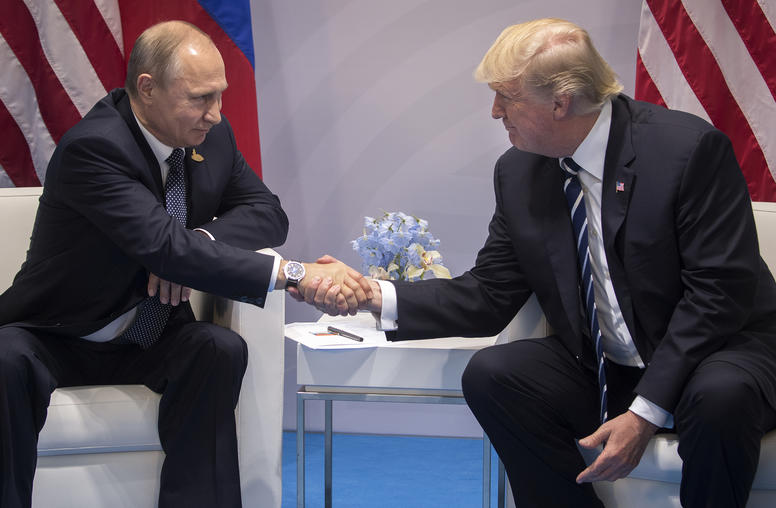
Can the Trump-Putin Summit Improve U.S.-Russian Relations?
Following a meeting between U.S. National Security Advisor John Bolton and President Vladimir Putin this week, the White House announced that President Trump will sit down with his Russian counterpart for their first formal summit on July 16 in Helsinki, Finland. While both presidents Trump and Putin have repeatedly emphasized the need for improved ties, there are a host of contentious issues—such as the invasion of Ukraine and subsequent U.S. sanctions, Russia’s interference in U.S. and European elections, and the Syrian civil war—that could derail the effort to improve the bilateral relationship.

Bill Taylor on Russian Elections and Putin’s Longevity
Earlier this week, Russia’s Vladimir Putin began his fourth term. Ambassador William B. Taylor explains that Putin’s political longevity is a combination of Russia’s desire to feel important in the world again, Putin’s power over the media, and the support of powerful, wealthy friends. Nevertheless, Taylor says harsh U.S. sanctions combined with those from the international community have isolated and punished Russia for Putin’s provocations in Ukraine and elsewhere, meddling in elections, and cyberwarfare.

Ambassador Bill Taylor on the Alleged Russian Use of Chemical Weapons
The alleged Russian use of a chemical weapon against a former Russian spy turned double agent in the United Kingdom led to scores of Russian diplomats being sent packing from the United States and Western Europe. Ambassador Taylor discusses the strong showing of unity among Western nations, and its effect on Russian intelligence gathering efforts and additional U.S. and international economic sanctions.

Ambassador Bill Taylor on the Escalation of Conflict in Ukraine
Ambassador William Taylor updates us on Ukraine’s efforts to upgrade its military with U.S. assistance to defend eastern Ukraine from Russian-led militias. Taylor weighs in on U.S. efforts to find a diplomatic solution to ease Russia’s withdrawal from Ukraine, the effect of U.S. and European sanctions on Putin, and the recognition of the U.S. National Defense and National Security Strategies that Russia is a top threat.

Ambassador Bill Taylor remembers the Arab Spring
Ambassador Bill Taylor reflects on the significance of the Arab Spring and the changes brought about by the movement, including the democratic transition in Tunisia, the major political changes in Egypt and the role of the United States in these type of events.
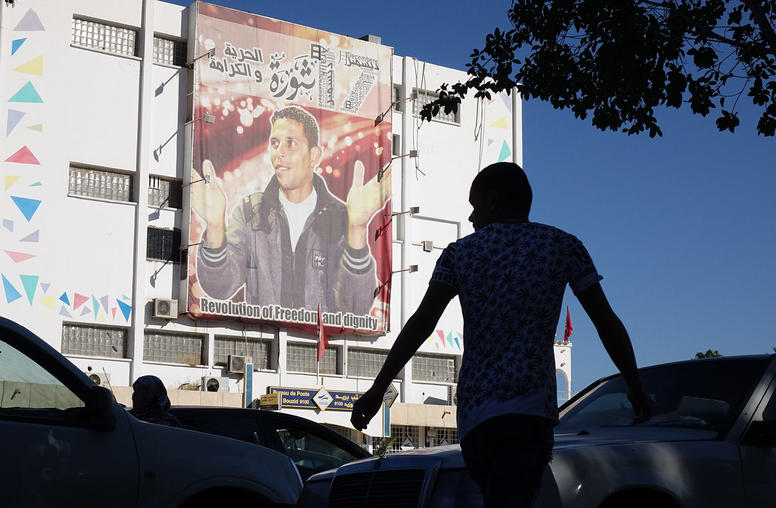
Tunisia: Democratic but Precarious
Amid central Tunisia’s dry farmlands, the city of Sidi Bouzid bustled one recent day under warm autumn sunshine. Street vendors and shoppers jostled under the roof of a new, open-air market, selling and buying produce or cheap clothes. Seven years after an impoverished street vendor in this city immolated himself and ignited the Arab Spring revolutions, his homeland has achieved a precarious stability. By many measures the Arab world’s only democracy, Tunisia remains hobbled by corruption, unemployment and violent extremism.
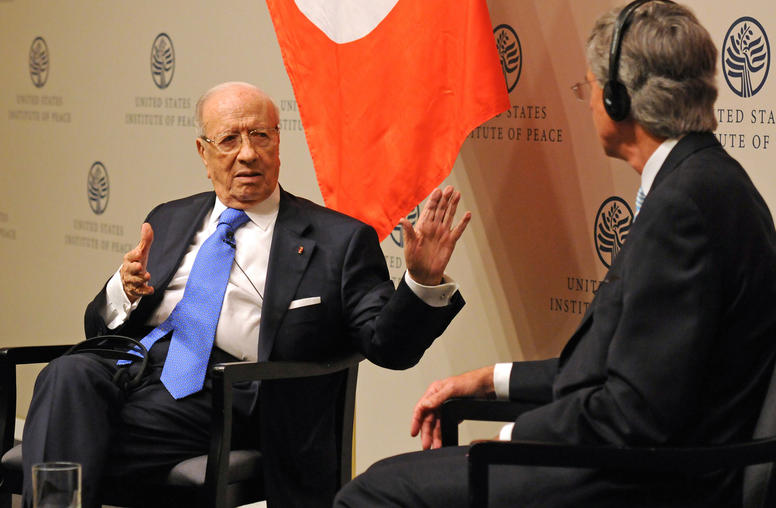
Violent Extremism: Muslim Democrats as Part of Solution
The White House account of President Donald Trump’s first phone call with Tunisian President Beji Caid Essebsi is a good sign that the U.S. might continue to work cooperatively with moderate Muslim political leaders who can contribute to global stability and aid in reducing violent extremism.
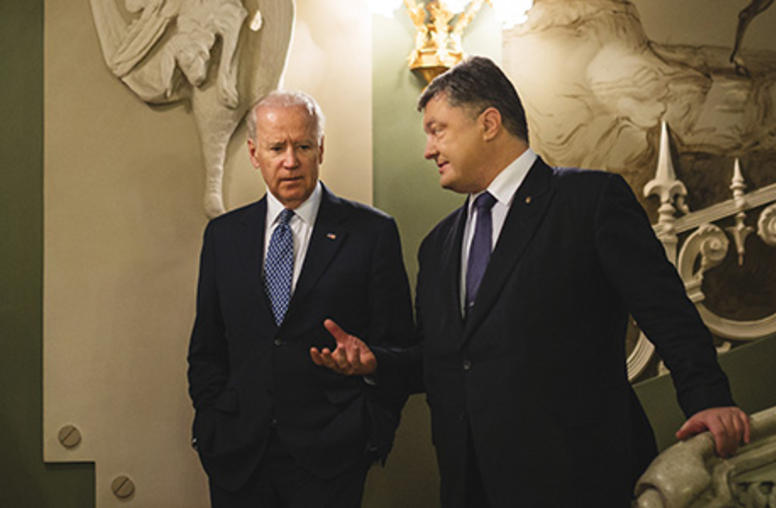
Tunisia and Ukraine: Linchpins of U.S. interests
The Obama administration’s announcement this week that it plans to quadruple military resources devoted to deterring Russia in Europe highlights how seriously U.S. and NATO leaders view the threat posed by Russia. Ukraine is struggling to save its young democracy and stave off public disaffection with the new government’s valiant but halting reforms, even as Russia continues its campaign of military and economic goading.
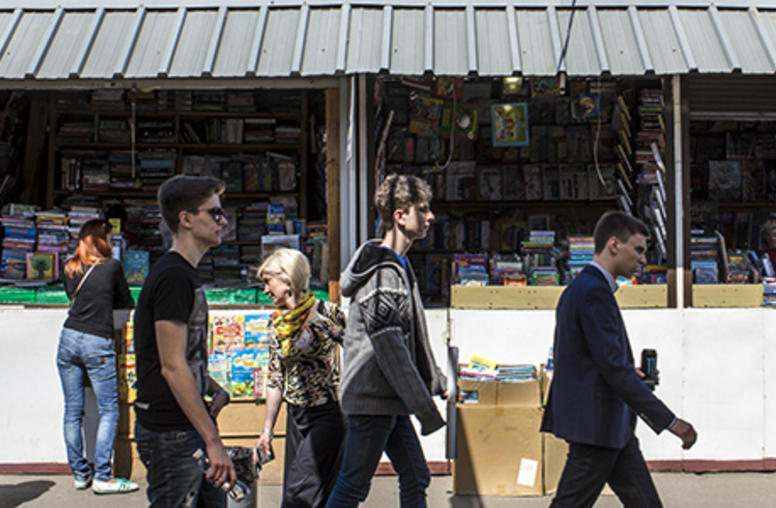
Action, Not Words, Needed to Improve Ukraine's Investment Climate
Ukraine must not remain a country of great but unrealized potential. The International Monetary Fund package and other foreign assistance are helping stabilize Ukraine’s economy, but only an attractive business climate can result in the level of investment that will truly transform the country for the long term.
Diplomats, Aid Workers Must Take Risks to Reduce Conflict, New U.S. Blueprint Says
America’s new diplomatic and foreign-aid blueprint places top priority on the need to prevent and resolve violent conflict and strengthen governance in an effort to restore a measure of global stability. But to accomplish those objectives, the plan’s authors also stressed that U.S. government agencies, together with Congress, must directly accept and address the inherent risks to the civilian workers who carry out those missions.